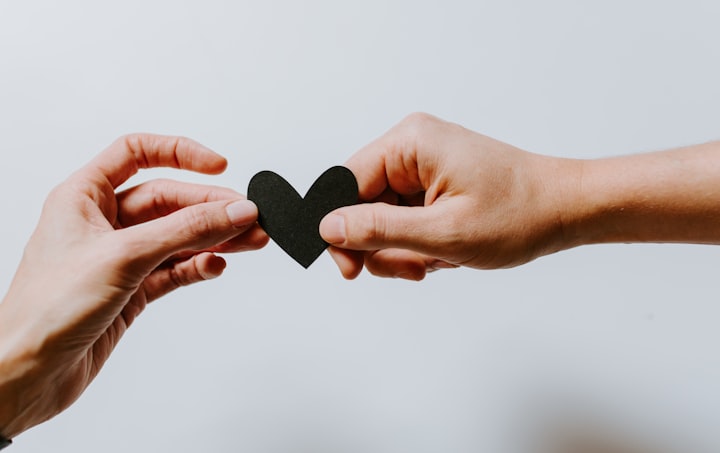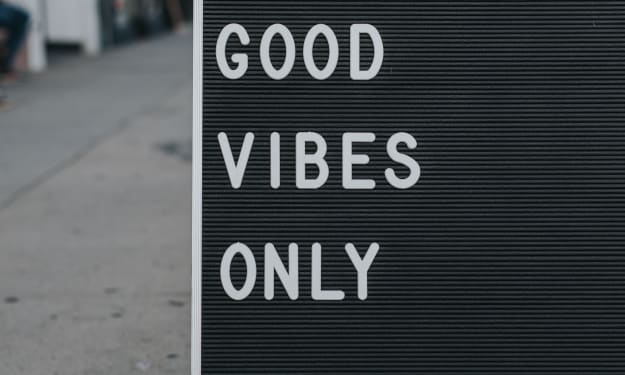
Heartbreak can be an incredibly painful experience because it involves emotional, physical, and psychological pain. When you experience heartbreak, your brain and body go through a range of physiological responses that can contribute to the intense feelings of pain and distress.
Here are a few reasons why heartbreak hurts so much:
Introduction
Heartbreak is an emotional experience that can be incredibly painful. It is a universal experience that almost everyone will go through at some point in their lives. Whether it's a breakup, the death of a loved one, or the loss of a friendship, heartbreak can be a challenging experience to navigate. In this essay, we will explore the reasons why heartbreak hurts so much, and the psychological, emotional, and physical effects it can have on a person.
Attachment Theory
To understand why heartbreak hurts so much, it's essential to first understand attachment theory. Attachment theory is a psychological concept that explains how people form emotional bonds with others. According to this theory, humans are wired to form close emotional connections with others, and these bonds are crucial for survival and well-being. When a person forms an attachment with someone, they become dependent on that person for emotional support, comfort, and security. This attachment becomes a part of their identity, and they begin to see themselves as part of a unit. When that attachment is broken, it can be incredibly painful and traumatic.

Loss of Attachment
One of the primary reasons why heartbreak hurts so much is because of the loss of attachment. When a relationship ends, it can feel like a part of you has been ripped away. The person you were once so close to, the person who was a part of your daily life, is no longer there. This loss of attachment can be challenging to navigate because it can leave you feeling like you've lost a part of yourself. It can also create a sense of emptiness, loneliness, and isolation.
Disruption of Routine
Another reason why heartbreak hurts so much is because it disrupts our routine. When we are in a relationship, we establish a routine with our partner. We may have a certain day of the week where we go out for dinner, or we may have a regular phone call or text conversation that we have every day. When the relationship ends, that routine is disrupted, and we may feel disoriented and uncertain about how to move forward. This disruption of routine can make it difficult to find our footing and can contribute to the overall feeling of distress.
Fear of the Future
After a breakup, it's not uncommon to feel like the future is uncertain. You may worry that you will never find love again or that you will never be happy. This fear of the future can be incredibly scary, and it can make it difficult to move forward. It can also create a sense of hopelessness and despair.
Rejection
Being rejected by someone you care about can be a significant blow to your self-esteem. It can make you feel unworthy, unlovable, and unwanted. When you are in a relationship, you are vulnerable, and you put yourself out there in a way that you don't with other people. When that relationship ends, it can feel like a rejection of who you are as a person, and this can be incredibly painful.
Physical Symptoms
Heartbreak can cause physical symptoms such as chest pain, headaches, loss of appetite, and difficulty sleeping. These symptoms can contribute to the overall feeling of distress and can make it challenging to move forward. These physical symptoms can also be a sign of depression or anxiety, which can be common after a breakup.
The Role of the Brain
The brain also plays a significant role in why heartbreak hurts so much. When we are in a relationship, our brain releases certain chemicals, such as dopamine and oxytocin, that make us feel good. These chemicals create a feeling of happiness and well-being that can be addictive. When the relationship ends, these chemicals stop flowing, and our brain can go into withdrawal. This withdrawal can create a sense of longing and craving, which can contribute to the overall feeling of distress.
The Role of Memory another way the brain contributes to heartbreak is through memory. Memories are stored in our brains, and when we experience something emotionally significant, such as a breakup, those memories become even more potent. Memories of happy times with our ex-partner can trigger feelings of nostalgia, longing, and sadness. These memories can also make it difficult to move on because they keep the past relationship alive in our minds.

The Role of Social Support
Social support plays a crucial role in how we cope with heartbreak. When we experience heartbreak, we may feel like we want to isolate ourselves and withdraw from others. However, social support can be incredibly beneficial during this time. Talking to friends and family about how we are feeling can help us process our emotions and provide us with comfort and reassurance. Social support can also provide a distraction from our pain and help us focus on other aspects of our lives.
The Process of Healing
Healing from heartbreak is a process, and it takes time. There is no magic cure that will make the pain go away instantly. However, there are steps we can take to help ourselves heal. One of the most important things we can do is to practice self-care. This may involve things like getting enough sleep, eating well, exercising, and doing activities that we enjoy. We may also need to seek professional help, such as therapy or counseling, to help us work through our emotions.
Another crucial aspect of healing from heartbreak is self-reflection. We need to take the time to think about what went wrong in the relationship and how we can learn from it. We may also need to take responsibility for our part in the breakup and work on personal growth and development.
Finally, we need to give ourselves time. Healing from heartbreak is a process, and it's important to be patient with ourselves. We may have good days and bad days, but over time, the pain will lessen, and we will be able to move on.
Conclusion
Heartbreak is a painful experience that can be difficult to navigate. The loss of attachment, disruption of routine, fear of the future, rejection, physical symptoms, the brain, memory, and social support all contribute to why heartbreak hurts so much. However, healing is possible, and with time, self-care, self-reflection, and social support, we can move on and find happiness again. It's essential to remember that healing is a process, and it takes time, but we can get through it.





Comments
There are no comments for this story
Be the first to respond and start the conversation.